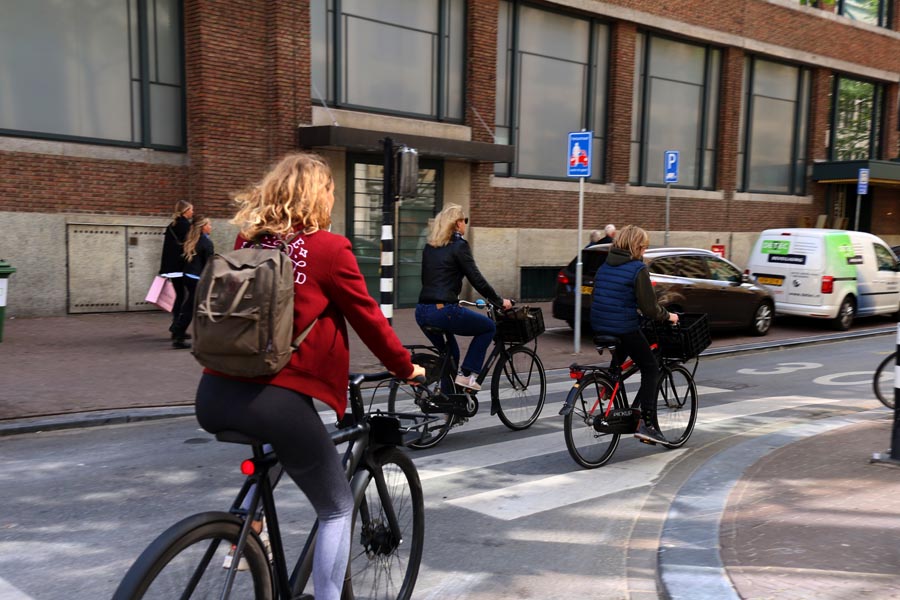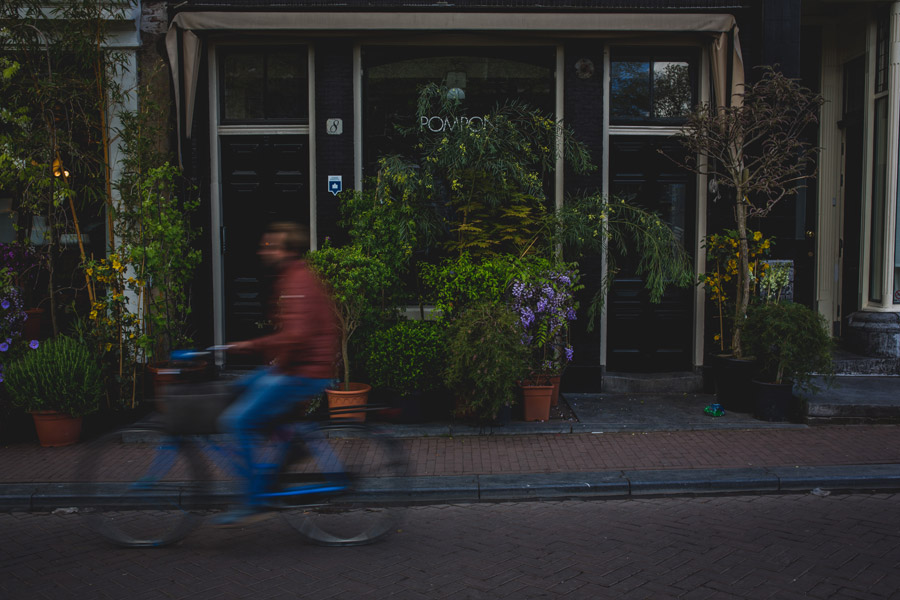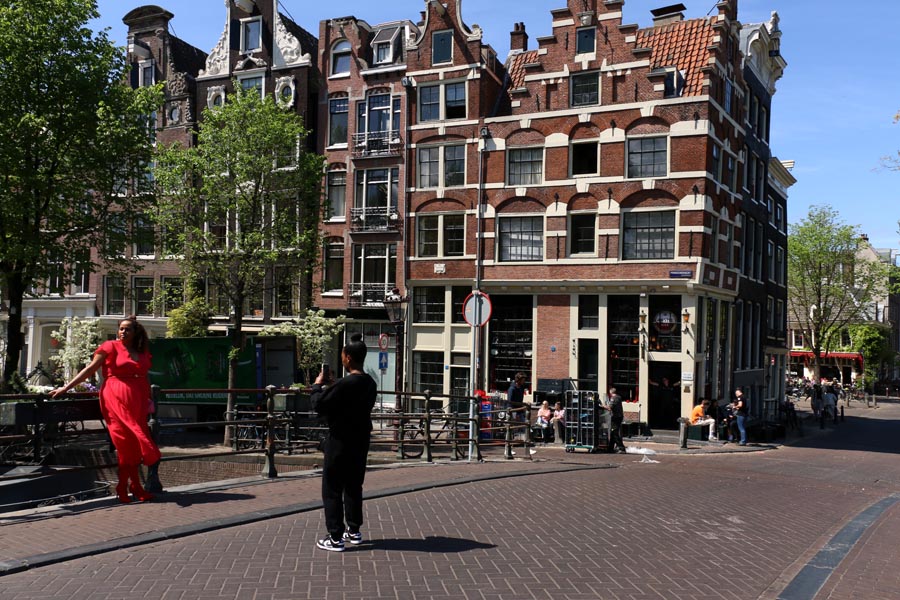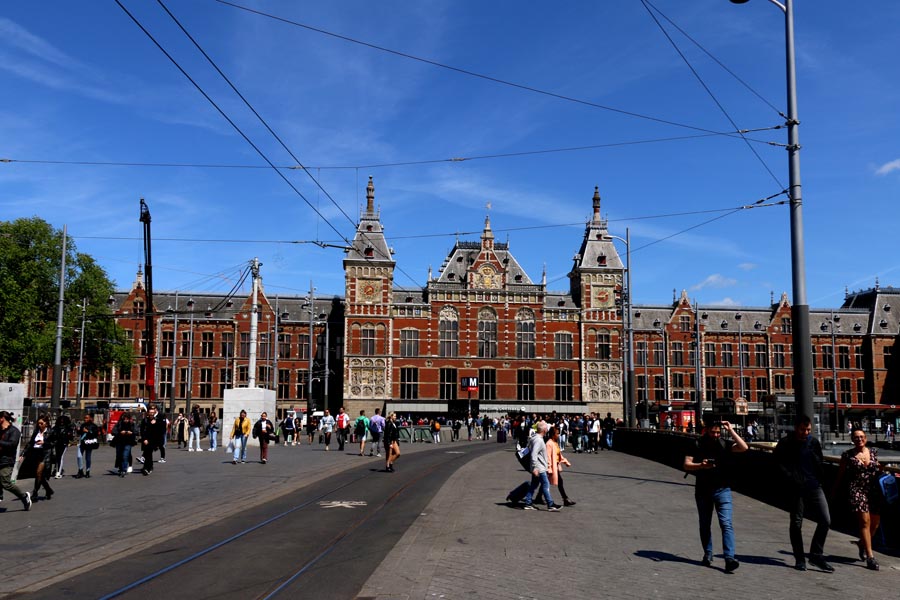The 30% ruling (or facility) is a Dutch tax break on earned salary for highly skilled migrants and foreign workers. The ruling is meant to attract internationals with a specific expertise to work in the Netherlands.
To get the ruling on your salary, as an expat or highly skilled migrant, you need to first confirm eligibility, submit an application, and lastly receive permission and approval from the Dutch Tax Authorities.
To be eligible for the 30% ruling, you need to meet specific criteria which we have outlined below.
30 Percent Ruling: Conditions to Apply
The following conditions apply to make use of the 30% ruling in the Netherlands:
Incoming Employees
To qualify as an incoming employee you must prove that you were living at least 150 kilometers outside of the Dutch border for 16 out of the last 24 months (about 2 years) prior to your first day of work in the Netherlands.
30 Percent Ruling: Expertise Requirements
If a highly skilled migrant wants to make use of the 30% ruling, they must have specific expertise. To demonstrate this specific expertise a minimum income standard applies. This income standard is indexed yearly.
For 2024, specific expertise is shown if the highly skilled migrant has a taxable annual salary of at least € 46.107,00 (€ 41.954,00 in 2023), excluding tax-free allowance.
Furthermore, highly skilled migrants who have obtained a Dutch Master’s degree in scientific education or an equivalent foreign title, and are younger than 30 years of age, the minimum income standard is € 35.048,00 (€ 31.891,00 in 2023) excluding tax-free allowance.
How to Calculate
Below is an example of how the 30% ruling is calculated on your income using the minimum annual salary bracket for 2023.
Daisy, a Java developer, is 31 years old and has agreed with her employer on a salary of €5.008,00 excluding 8% holiday allowance. This salary meets the minimum income standard applied by the IND for highly skilled migrants aged 30 or older.
The minimum salary requirement for the 30% facility is an annually taxable wage of € 41.953,00. This amounts monthly to € 3.496,08 including 8% holiday allowance. Without the holiday allowance the monthly minimum is € 3.237,11.
The difference between the agreed wage of € 5.008,00, excluding 8% holiday allowance, and the required monthly minimum of € 3.237,00 is €1.771,00. This is 35,36 % of the agreed wage, which is more than the 30% maximum allowable tax-free allowance.
Therefore, Daisy can receive €1.502,40 taxed-free, excluding 8% holiday allowance. If you would like to have a custom calculation, feel free to contact us.
Net Wages
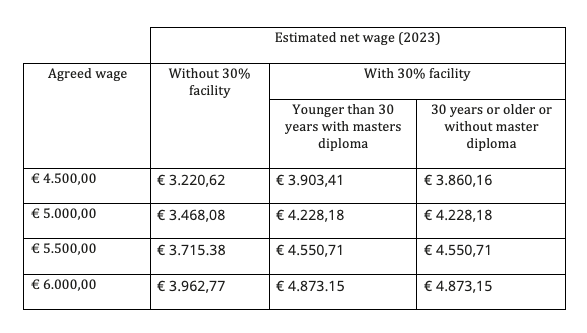

*The amounts mentioned in this table are excluding holiday allowance
** All calculations provided are for general reference only.
A maximum of 30% of your taxable wage is paid out as a tax-free allowance. Please note, a reduction in the gross wage can have consequences for the pension basis and benefits or allowances (unemployment and rent allowance as examples).
Once the scheme expires, a fall in net income will occur.
If granted the 30% ruling, the employee will have the tax-break for a maximum of 5 years.
30 Percent Ruling: When to Apply
If the application is submitted within four months from the first day of employment, the 30% ruling will apply retroactively. If not, the 30% rule will apply from the first day of the following month on which the application was approved by the Tax Authorities.
Therefore, it is necessary that you contact and provide All About Expats and our partner the required information for your application as soon as possible.
Please note that for the application a social security number is required. A social security number will be available to you after registering at the municipality.
Documents Needed
To show the Tax Authorities that you meet the definition of an incoming employee All About Expats and our partner need proof that you lived more than two thirds of the last 24 months more than 150 kilometers from the Dutch border.
The below documents can be used as proof:
You can provide the required information by sending these documents to expatdesk@allaboutexpats.nl.
30 Percent Ruling: Additional Advantages
Deemed non-resident taxpayer
Expats that qualify as a resident taxpayer of the Netherlands, can opt to be taxed as a deemed non-resident taxpayer. As a non-resident taxpayer, the expat does not need to report any investment income to the Dutch Revenue (except for Dutch source income, such as Dutch real estate).
The choice will be made on the application form but can be changed every year. Additionally, the expatriate can still deduct certain personal expenses (i.e. alimony payments, medical expenses etc.).
Our partners can advise you on this matter.
Driver’s license
Expats to whom the 30%-ruling applies can exchange their foreign driver’s license for a Dutch license. This is an advantage for expats from non EU-countries (EEA and Switzerland included), who can only use their foreign driver’s license for 6 months after date of registry.
Switching Employers
Employees with the 30% ruling can switch to a new employer and benefit from the 30% facility again (for the remaining period out of a total of 5 years).
However, the period between changing employment to another company may not exceed three months. The new employer must submit a new application for the 30%-ruling before this can be applied.
Learn More
Changes to the 30% ruling are constantly happening.
We have written a blog detailing potential adjustments to the ruling suggested by MPs within the 2024 Tax Plan.
At All About Expats we have experience aiding highly skilled migrants and expats through the application process for the 30% ruling.
If you are moving to the Netherlands for work and would like to learn more about the 30% ruling and whether you can apply, feel free to schedule a consultation with our team.
Be sure to add us on LinkedIn so you can stay up to date on news relating to the 30% ruling and other topics pertinent to living in the Netherlands as an expat and highly skilled migrant.

